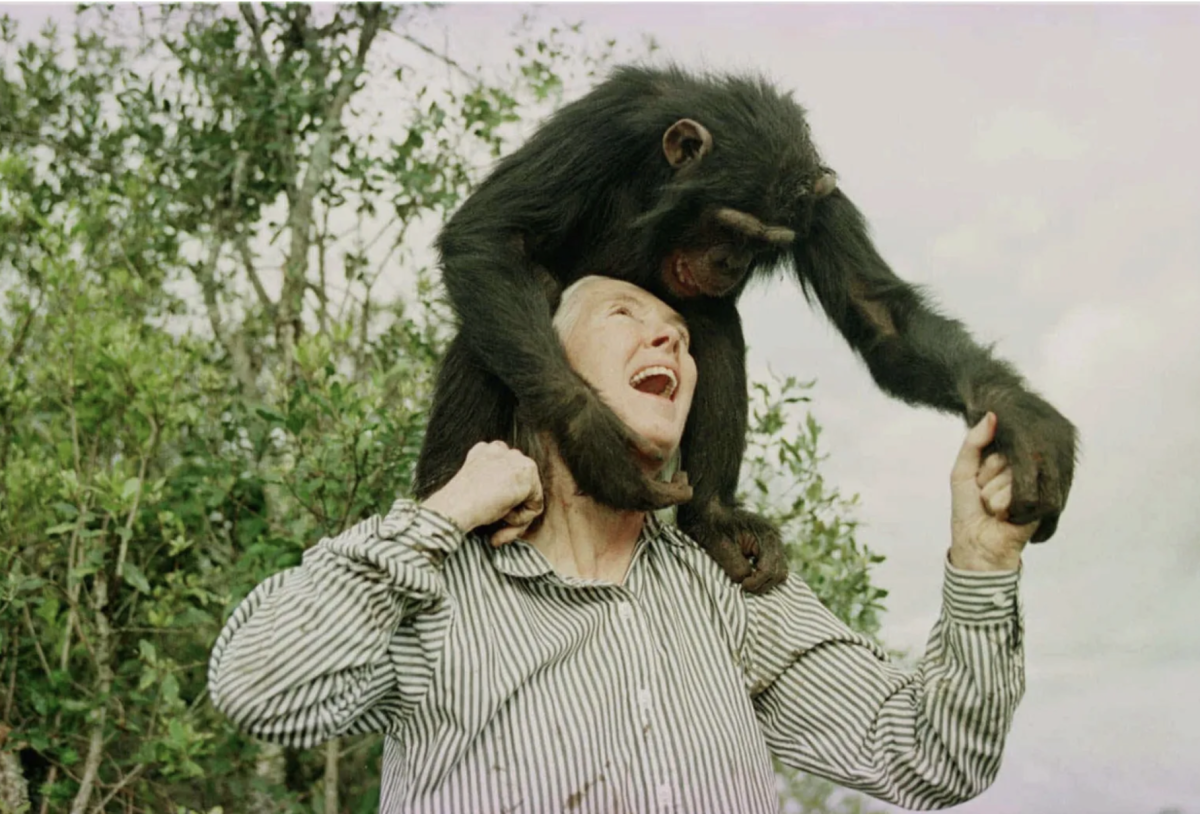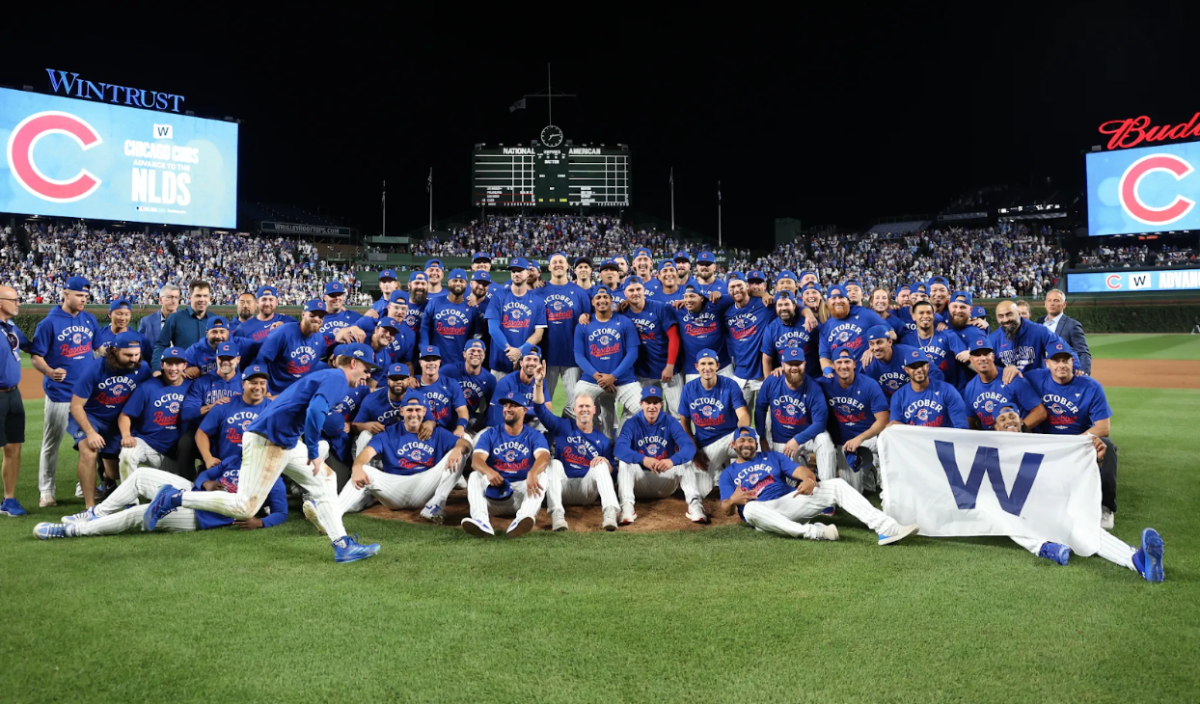Are Holidays Over Commercialized?
Brigid Nugent stressing about the upcoming holidays
May 20, 2018
Holidays are like landmarks in the annual calendar. We might not remember every old Saturday, but we’ll always recall Thanksgiving, Christmas, Valentine’s Day, and the Fourth of July with ease. But have we let the gift-giving traditions of these holidays erase their true meanings?
Many rom-com movies are devoted to finding the true meaning of Christmas, or similar holidays, and the core message of these programs is that over-commercialization ruins the holidays. Over-commercialaztion becomes pretty obvious when Walmart starts carrying Christmas decorations on the last day of October or when a whole week of February is dedicated to giant red hearts and naked babies.
Alex Fano, a freshman, commented, “Most Holidays are very commercialized. Take Valentines Day for example: it’s gone from a day of love to being ‘You have to get your significant other [stuff] and the more you get is supposedly how much you love your s/o.’ Christmas is another example, it’s a religious holiday that turned from a day of prayer to getting presents for each other.”
Most of the holidays that are seen as over-commercialized are those rooted in religion, like Christmas, Valentine’s Day, and St. Patrick’s Day. Many devoutly religious people criticize the fact that these days have come to be celebrated with store bought decorations or modern traditions like flashy gift giving and trading expensive cards. But, regardless, every tradition starts somewhere, and just because modern practices may be more commercialized and less customary does not mean they are any less justified.
Critics of modern holidays remark that the newer generations celebrate holidays solely because of the commercial appeal and cannot remember what the actual origins of the holidays are. However, most people have at least a background knowledge of popular holidays, especially those who actually celebrate the holidays because of their religion or cultural traditions. The new generations learned their traditions from the ones before them, and they educate their children and spread the history behind each holiday for generations to come.
Maja Neilson, a sophomore, says, “By commercializing modern holidays such as Christmas, Thanksgiving, etc…, companies make these holidays less about spending time with family and more about consumer goods.”
Overall, while over-commercialization is a problem that can make holidays less meaningful, it’s not wrong to create new traditions and celebrate days in a unique way.

































